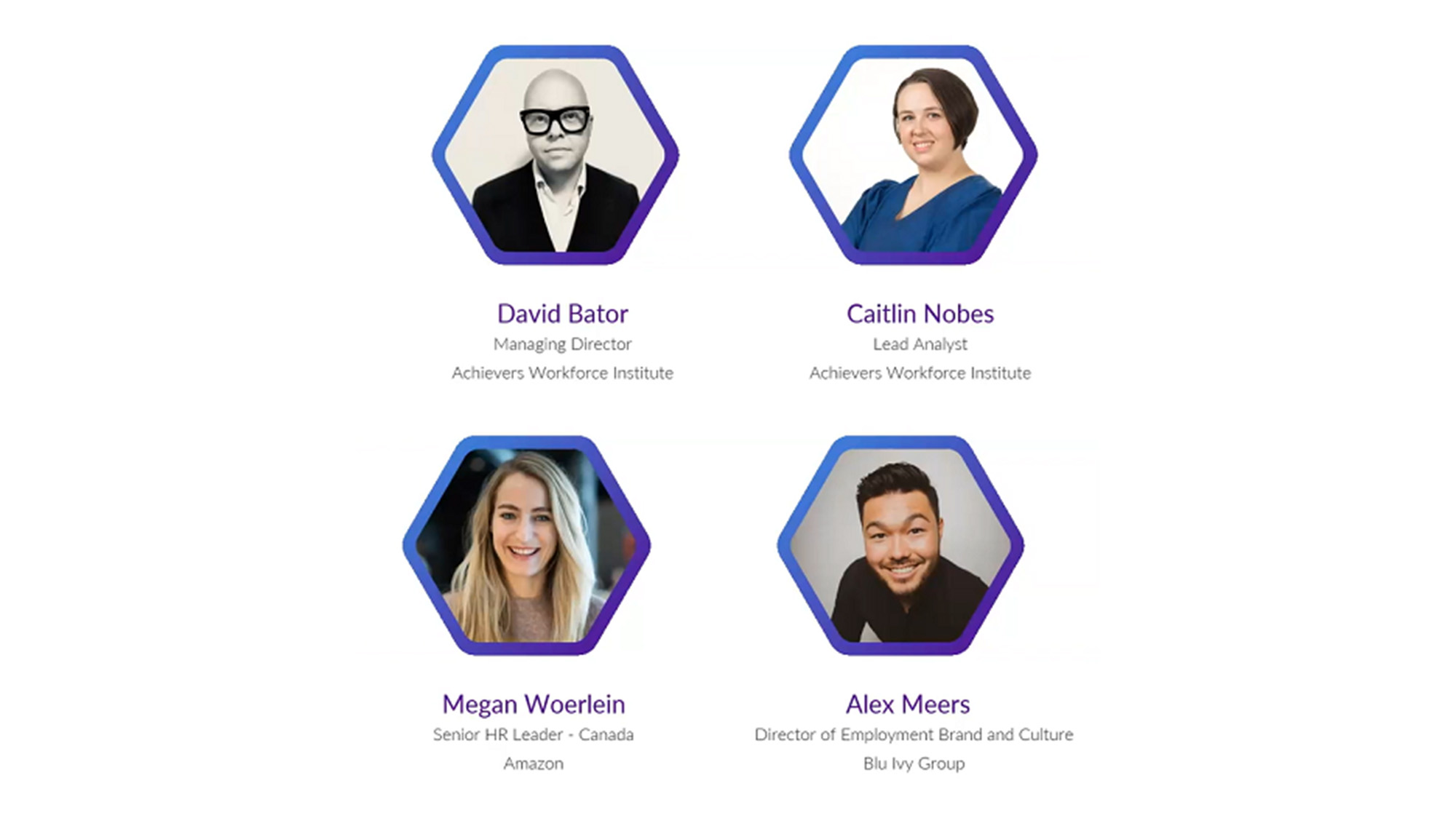Attitudes must change to encourage home working
A debate at London’s Transport Museum last night concluded that whilst the technology for home working is available, attitudes of both management and staff may need to alter for it to truly succeed.


The technology for home working is ready to roll in most cases but the attitude towards it is what has to change for it to really take off.
That was the conclusion of a debate held last night at the London Transport Museum, discussing "Connected Britain" and how far we have come in turning it from vision to reality.
With more people connected to the internet that ever, private investment into renewing our building up our infrastructure and Government plans to increase connectivity, the basics are there for growing trends of home working.
James Bellini, former Sky presenter and futurologist, said: "There has certainly been dramatic change with connectivity technology."
He added: "The degree and scale and pace of change that we will see in the next five or 10 years is comparable to what we saw 200yrs ago [with] steam ships, railways and electric telegraph... life was never the same again."
Yet personal attitudes towards staying at home and missing out on the office experience still hold many back.
"We are social animals," he said. "Our practices may change and technology may allow us to work [differently] but we will still want to be in certain places and still want to travel," said Kulveer Ranger, advisor to the Mayor of London on transport issues.
Get the ITPro daily newsletter
Sign up today and you will receive a free copy of our Future Focus 2025 report - the leading guidance on AI, cybersecurity and other IT challenges as per 700+ senior executives
"Why is it that billions of pounds are being invested [with] multinational companies building more and more offices. Why is there still a need to connect Canary Wharf with the rest of London? To work but also to meet each other, to mix."
It's not just down to workers' attitudes either. Management issues with trusting employees to work at home also remains a massive barrier.
"The office model is an industrial model, it is based on a factory... a typical office is really a replanting of a notion of mistrust... [bosses] don't want people to work at home as they don't trust them," Bellini added.
As more technologies are adopted and become mainstream perhaps this will change, the debate attendees suggested.
"Patterns are developing [with] about two thirds of business offering some forms of flexibility so it seems options are opening up... I know some organisations are sticking to traditional models but some people are changing that," said Robert Ainger, director of corporate marketing for Orange.
Although the debate is important, it wont be our generation making the decisions but the next, according to Bellini.
"Digital natives, [those who grow up with the technology rather than introduced to it later on] they will control our workplace. They have to make the decision whether they are going to be community citizens or virtual citizens," he said.
"Big choices but from my point of view it will be fun watching them do it," he added.
Click here for our special focus report on flexible working.
Jennifer Scott is a former freelance journalist and currently political reporter for Sky News. She has a varied writing history, having started her career at Dennis Publishing, working in various roles across its business technology titles, including ITPro. Jennifer has specialised in a number of areas over the years and has produced a wealth of content for ITPro, focusing largely on data storage, networking, cloud computing, and telecommunications.
Most recently Jennifer has turned her skills to the political sphere and broadcast journalism, where she has worked for the BBC as a political reporter, before moving to Sky News.
-
 Cleo attack victim list grows as Hertz confirms customer data stolen
Cleo attack victim list grows as Hertz confirms customer data stolenNews Hertz has confirmed it suffered a data breach as a result of the Cleo zero-day vulnerability in late 2024, with the car rental giant warning that customer data was stolen.
By Ross Kelly
-
 Lateral moves in tech: Why leaders should support employee mobility
Lateral moves in tech: Why leaders should support employee mobilityIn-depth Encouraging staff to switch roles can have long-term benefits for skills in the tech sector
By Keri Allan
-
 IT professionals aren’t budging on flexible work demands – and more than half say they’ll quit if employers don’t meet expectations
IT professionals aren’t budging on flexible work demands – and more than half say they’ll quit if employers don’t meet expectationsNews Analysis from Randstad shows 40% of UK-based IT pros have quit over a lack of flexible work options, while 31% of workers globally have done the same.
By Ross Kelly
-
 'The tide seems to be turning towards office attendance': 64% of hybrid business leaders want staff back in the office – but many worry that enforcing RTO mandates will drive employees away
'The tide seems to be turning towards office attendance': 64% of hybrid business leaders want staff back in the office – but many worry that enforcing RTO mandates will drive employees awayAnalysis Many UK business leaders want their staff back in the office more frequently, but they’re scared to implement return to office (RTO) mandates in fear of worker revolts.
By George Fitzmaurice
-
 Employees are dead set on flexible working arrangements – three quarters would turn down a role that didn't offer hybrid options as work-life balance becomes more important than pay
Employees are dead set on flexible working arrangements – three quarters would turn down a role that didn't offer hybrid options as work-life balance becomes more important than payNews New research shows workers are increasingly demanding flexible working arrangements from employers.
By Emma Woollacott
-
 Nearly half of tech workers are seeking new roles – declining employee benefits and reduced flexible working options have staff looking elsewhere
Nearly half of tech workers are seeking new roles – declining employee benefits and reduced flexible working options have staff looking elsewhereNews While salaries are rising for tech workers, other benefits are in decline, leading to a fall in job satisfaction
By Emma Woollacott
-
 Untethered: How CIOs and CISOs are paving the way for the new hybrid workforce
Untethered: How CIOs and CISOs are paving the way for the new hybrid workforceWhitepaper Effective techniques to transition from exposed legacy infrastructure to an effective zero trust strategy
By ITPro
-
 Unified endpoint management and security in a work-from-anywhere world
Unified endpoint management and security in a work-from-anywhere worldWhitepaper Learn how to converge endpoint management and security processes and systems to drive efficiency and reduce risk
By ITPro
-
 Why flexible working is critical to ensure talent retention
Why flexible working is critical to ensure talent retentionAdvertorial The changing face of flexible working will be the focal point of a webinar hosted by the Achievers Workforce Institute on July 12
By ITPro
-
 Hybrid work means we’re burning out harder and faster than ever
Hybrid work means we’re burning out harder and faster than everIn-depth Technology has fueled an always-on culture that’s turbocharged a new breed of burnout, but technology can also come to the rescue
By Sandra Vogel